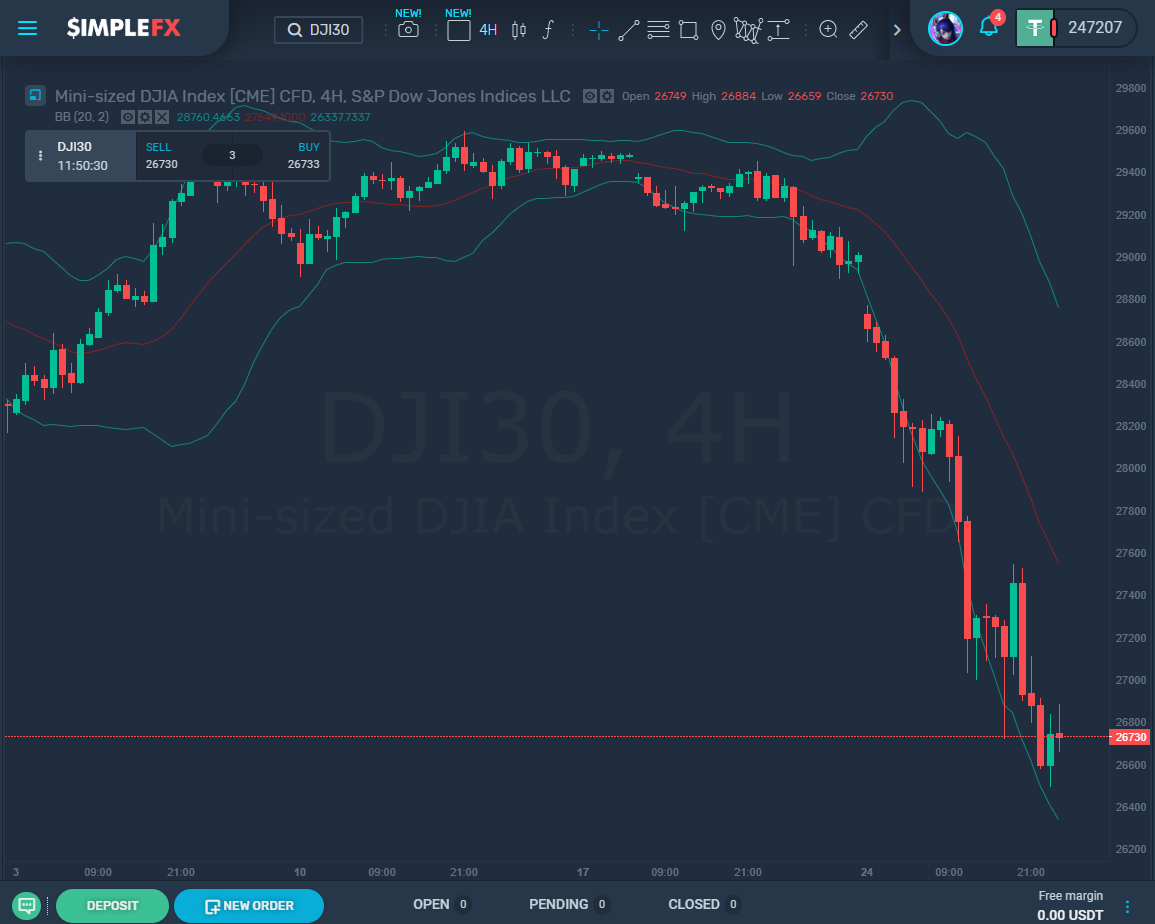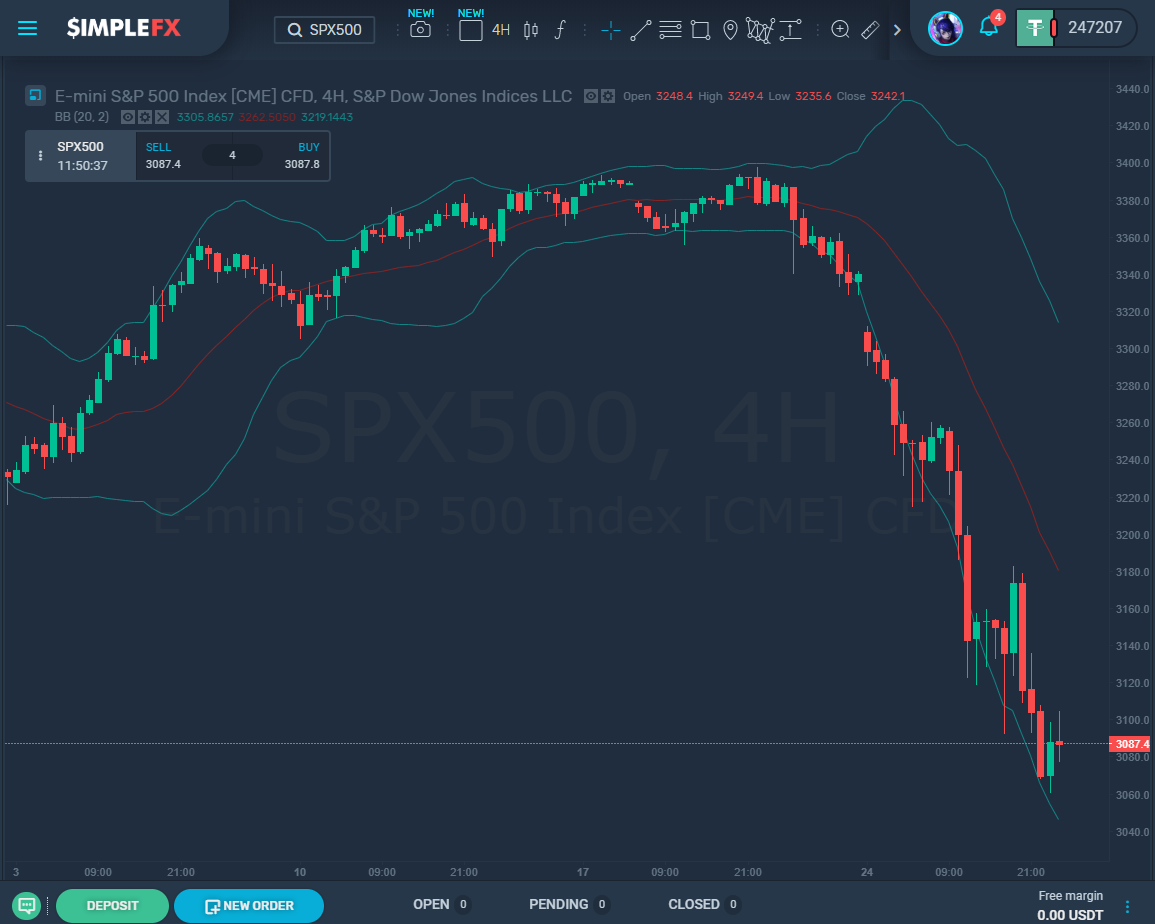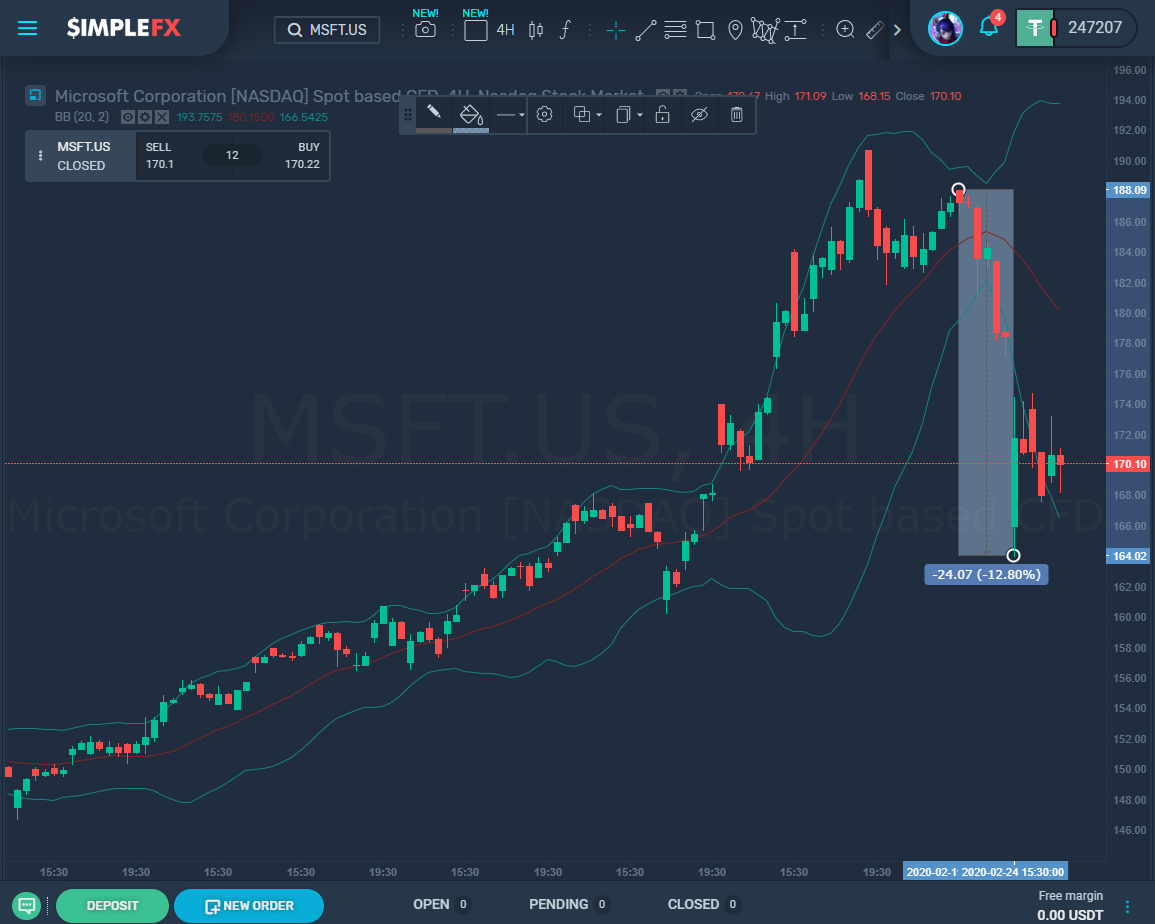European stock exchanges opened in the red. London, Paris, and Frankfurt plunge on Wednesday, as the US Treasuries are on the rise. Coronavirus proved to have a much stronger impact than the US-China trade war.
All three major U.S. stock markets have seen massive drops over the past few days, as the threat of coronavirus becomes more and more pronounced in the United States. Yesterday, although two of the stock exchanges still ended the day in red, these falls were not as bad as they have been at the beginning of the week.

The Dow Jones fell by 0.46% to 26,957.59, indicating a loss of 123.77 points. S&P 500 dropped by 11.82 points to 3,116.39 (a loss of 0.38%). Nasdaq was the only winner on Wednesday, finishing up by 0.17%, adding 15.16 points to get to 8.980.78. These losses have created the longest losing streak since August of 2019. Wednesday marked the fifth day of losses, although it does appear as though they are slowing down. 
These losses continue to be caused predominantly by fear caused by the coronavirus, and actual global repercussions on the Chinese economy. According to global statistics, the coronavirus is responsible for over 2,700 deaths so far and continues to spread beyond mainland China. Earlier in the week, Italy announced over 400 cases in the country. President Trump still believes that America’s risk of an epidemic is still “Very low,” although another case was registered yesterday in California.
Even though the market losses are slowing down, it doesn’t necessarily mean that investors are willing to buy just yet. People have been selling off stocks in an attempt to get in before anything devalues. This behavior is slowing as people become more aware of the real low risk, but this doesn’t necessarily translate to people reinvesting their money just yet. Investors are waiting to be entirely sure the drops are over because there is still a chance that the market will continue to jump before it settles.
One of the major companies that experienced losses yesterday was Microsoft, which was down by 2%. This came after the company announced that it was highly unlikely that they could meet their quarterly revenue targets. This was because manufacturing plants in China were not yet back up to working at full capacity, which was slowing down production lines. They have had to reduce their third-quarter predictions for personal computing, an element of the company that made up 36% of Microsoft’s total revenue last quarter. 
Disney stocks were also down by 3% yesterday, after a change in CEO. Current CEO Bob Iger announced yesterday that he was stepping down and that his role would be filled by Bob Chapek, current chairman of Disney’s parks. This was considered quite a risky move since Iger’s name carried so much more power and value than Chapek’s.
Not all news is bad, and bonds continue to be a favorable investment. The 10-year Treasury yield fell to 1.3%, a record low for these bonds. 30-year bonds were also operating at a relatively low rate, although not enough to be considered a record low.

